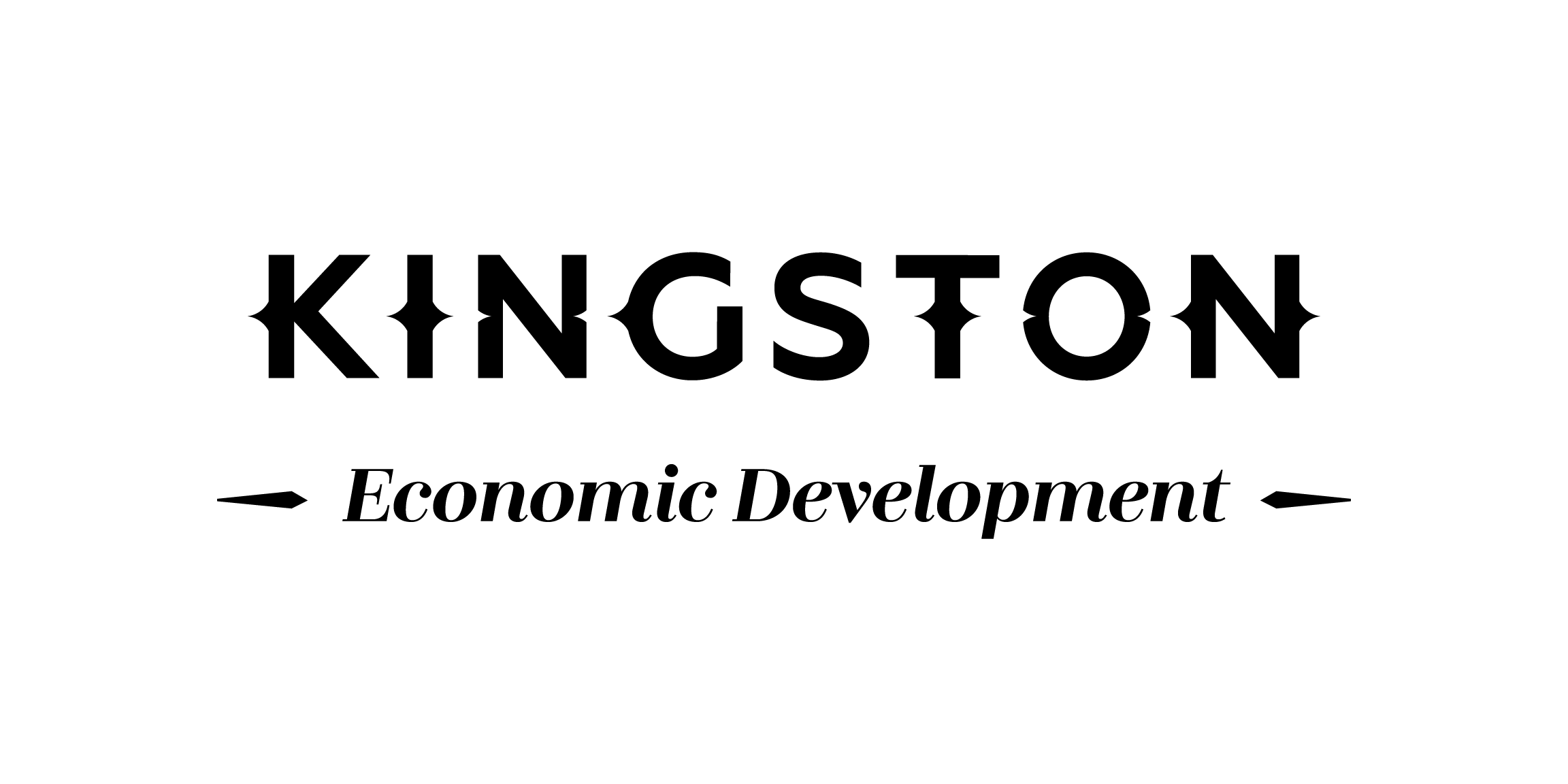March 2023 – In today’s world materials science and engineering determines the difference between a breakthrough in commercializing technology and a theoretical hypothesis.
The city of Kingston in Eastern Ontario recognized the importance of developing a healthy ecosystem early on and supported several cutting-edge advancements on the materials science and engineering front. In 1940 Kingston was selected by the Aluminum Company of Canada (ALCAN) to build its plant to conduct research and development of aluminum alloys, and manufacture sheet metal, cans, and supplies for major industries such as automotive, transportation, beverage, and packaging. In 2004 Novelis, took over the site in Kingston, and today it manufactures aluminum products for Ford, BMW, Mercedes, General Motors, and Thyssen Krupp employing about 275 people. Kingston hosted Canada’s first and the world’s second Nylon 6,6 polymer plant manufacturing parachute fibers. Owned by INVISTA the site continues to manufacture products for use in airbags, carpets, automotive and electrical parts.
Materials scientists in Kingston work with diverse types of materials such as metals, polymers, ceramics, liquid crystals, composites to advance technologies in clean energy, construction, recycling, biotechnology, and nanotechnology. Employing modern processing and discovery principles such as casting, additive manufacturing, coating, evaporation, plasma and radiation processing, artificial intelligence, and computer simulations the expertise in Kingston addresses global challenges and supports the growth of innovative companies.
DuPont’s Kingston Technology Centre (KTC) has expertise in plastics and operates as part of a global network of R&D centers within DuPont. The facility is home to over 100 scientists, engineers, technologists, technicians, and administrative and support staff. KTC plays a specialized role in the development and scale-up of new chemical and polymer processes from laboratory proof-of-concept to semi-works piloting development, and commercialization. Its advanced facilities and equipment enable customers to reduce their cycle times and piloting costs. Small-scale production of high-value materials considered strategic by businesses also takes place at KTC. “The DuPont Kingston Technology Centre is committed to sustained site improvements through enhanced core values, employee engagement & reinvestment in our people, facilities & communities,” says Dr. George Jacob, DuPont Kingston Technology Centre Site Leader.
Another key component in Kingston’s materials science thriving ecosystem is Kingston Process Metallurgy (KPM). For over 20 years, KPM has provided large and small companies with clarity around chemical processes. Questions like “How does this scale?”, “What are the costs?”, and “Are there problems on the horizon?” are tackled early so that companies can pick the right path for their project’s development. Led by Dr. Boyd Davis and Dr. Alain Roy, Principals, KPM has developed a framework that supports start-ups that involves combining knowledge of chemistry, unit operations, economics, and test work to ensure that the process scale properly. Boyd believes that “KPM provides a critical piece in the scale-up for companies that need support for their chemical processes. Early-stage clarity is something that can be of huge value.” Early-stage start-ups can go through KPM’s accelerator, KPM-Accelerate, while larger companies are helped by KPM’s integrated support such as analytical, machine shop, and pilot plant.
Moreover, cleantech in Kingston has a fair share of focus with GreenCentre Canada’s mission to support the growth of companies by transforming their innovations into valued products, processes, and services. GreenCentre’s established role in the Canadian cleantech ecosystem is to provide technical project services – validating and developing their clients’ process and material innovations so they are best positioned to raise the financing they need to scale and grow their sustainable businesses in Canada. According to Dr. Tim Clark, Business Operations Manager “GreenCentre Canada deploys its team of experienced chemists to carry out critical technology development projects in our well-equipped lab facilities for innovative cleantech companies.” Tim adds that “GreenCentre supports a wide range of companies commercializing breakthroughs in chemistry and material science that will impact sectors of strategic importance to Canada including resource recovery, batteries, value-from-waste, and clean energy.”
Furthermore, the NanoFabrication Kingston lab is an open-access facility providing science and engineering researchers from academia, government, and industry with access to leading-edge equipment, methodologies, and expertise for designing and prototyping microsystems and nanotechnologies. Additionally, The Nuclear Materials group at Queen’s University carries out world-leading research in the area of structural materials for nuclear power applications. Led by Professor Mark Daymond the Reactor Materials Testing Laboratory (RMTL) uses a proton accelerator to introduce damage into materials at a microscopic scale. By studying the effects of this damage on the way that materials behave researchers gain insight into, and draw parallels with, the way that materials are damaged within a nuclear reactor.
Kingston is home to three globally renowned educational institutes. Queen’s University, St. Lawrence College, and the Royal Military College of Canada have all contributed to develop and futureproof Kingston’s and Canada’s talent pool, making the region an attractive spot for research partnerships and investments. According to Statistics Canada Kingston has the smartest workforce in Canada, with the highest number of Ph.D. graduates per capita.
Kingston remains committed to supporting technological breakthroughs and commercializing advanced processes and materials for a better future. Kingston Economic Development Corporation calls upon innovative companies to reach out and explore what the city offers







